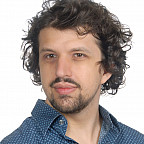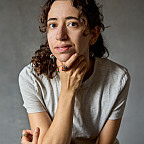Majors
Minors
News and Events
- NEWS There are no news stories at this time.
- EVENTS March 13: 3:30pm
Eli Kramer (University of Wrocław)
April 17: 3:30pm“Collective Distraction” by Ege Yumuşak (University of Pennsylvania)
Consider a society with vast income and wealth inequality—a society that has an overclass that enjoys tremendous riches and an underclass that suffers from abject conditions. Despite your belief in free speech in the public sphere, you might think something is wrong with this particular issue consuming so much collective attention in such a society. Should the public not be concerned with its failure to distribute its resources fairly? Many would share this intuition. Yet, it is hard to specify what is wrong with putting the question “Should the government fund space tourism?” up for public debate. I attribute this hardship to political epistemologists’ undue focus on the doxastic realm and their subsequent blindness to the zetetic realm. Epistemically speaking, the standard view of political speech classifies questions as mere requests for information. I argue against this account of questions and present a way in which we can effectively undermine the idea that questions are epistemically innocent. I use this account to unmask the epistemic defect of further questions raised in the public sphere, such as “How will the government pay for a national healthcare plan?” or “Why has socialism failed everywhere it’s been tried?”
April 24: 3:30pmAvram Hiller (Portland State University)
Philosophy is located in room 2nd Floor of John R. Howard Hall on the Undergraduate Campus.
MSC: 45
email phil@lclark.edu
voice 503-768-7450
Chair Joel Martizez
Philosophy
Lewis & Clark
615 S. Palatine Hill Road
Portland OR 97219



